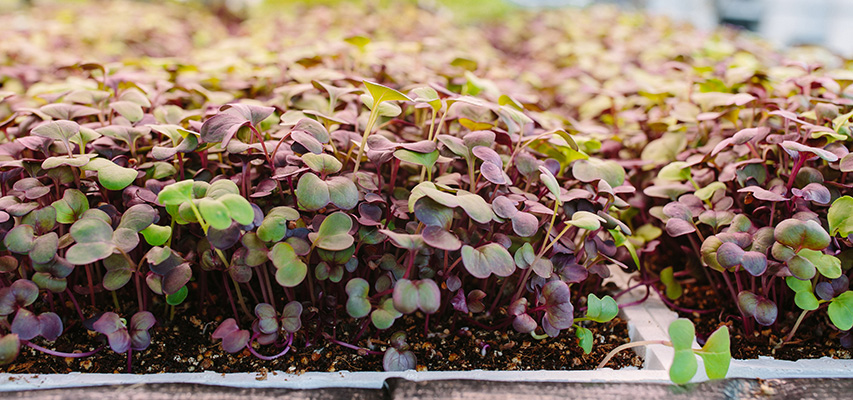A Growing Trend: Vertical Farms
A Simplified Supply Chain
Supply chains and agricultural production have been thrown off balance during the ongoing pandemic. Vertical farms offer a way to simplify agriculture. At a vertical farm, plants grow in water or misted air instead of soil. They rely on LED lights in place of sunlight, and much of the care for these plants is automated.
Because conditions are easy to control, these farms are not subject to changes in weather and soil, which can cause problems for traditional farms. Vertical farms also deliver products without pesticides and soil contaminants.
An Alternative Use for Urban Real Estate
Vertical farms tend to be in tall buildings in urban centers. This means that food is grown close to the population that will be consuming it, so transportation costs are reduced.
Urban office towers are facing an uncertain future due to the ongoing pandemic which has kept more people working from home. According to Moody’s Analytics REIS, office vacancies in the country’s 82 biggest metropolitan areas will rise by 19.3% by the end of the year, and that number will likely keep climbing. Vertical farms could offer an alternative use for vacant office buildings.
Looking Ahead
So far, vertical farms have had success growing herbs and leafy greens. Now, companies are looking to expand and find ways to grow root vegetables like carrots and potatoes, vine vegetables like green beans and tomatoes, and bush fruits like blueberries and raspberries.
At the moment, vertical farms are unlikely to gain an advantage over traditional farms for crops like grains and orchard-grown fruits. However, the combination of disrupted supply chains and reduced demand for office real estate is creating fertile ground for vertical farms.
Please understand that this information provided is general in nature and shouldn’t be construed as a recommendation or solicitation of any products offered by SoFi’s affiliates and subsidiaries. In addition, this information is by no means meant to provide investment or financial advice, nor is it intended to serve as the basis for any investment decision or recommendation to buy or sell any asset. Keep in mind that investing involves risk, and past performance of an asset never guarantees future results or returns. It’s important for investors to consider their specific financial needs, goals, and risk profile before making an investment decision.
The information and analysis provided through hyperlinks to third party websites, while believed to be accurate, cannot be guaranteed by SoFi. These links are provided for informational purposes and should not be viewed as an endorsement. No brands or products mentioned are affiliated with SoFi, nor do they endorse or sponsor this content.
Communication of SoFi Wealth LLC an SEC Registered Investment Advisor
SoFi isn’t recommending and is not affiliated with the brands or companies displayed. Brands displayed neither endorse or sponsor this article. Third party trademarks and service marks referenced are property of their respective owners.
SOSS072903



